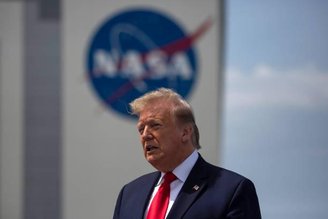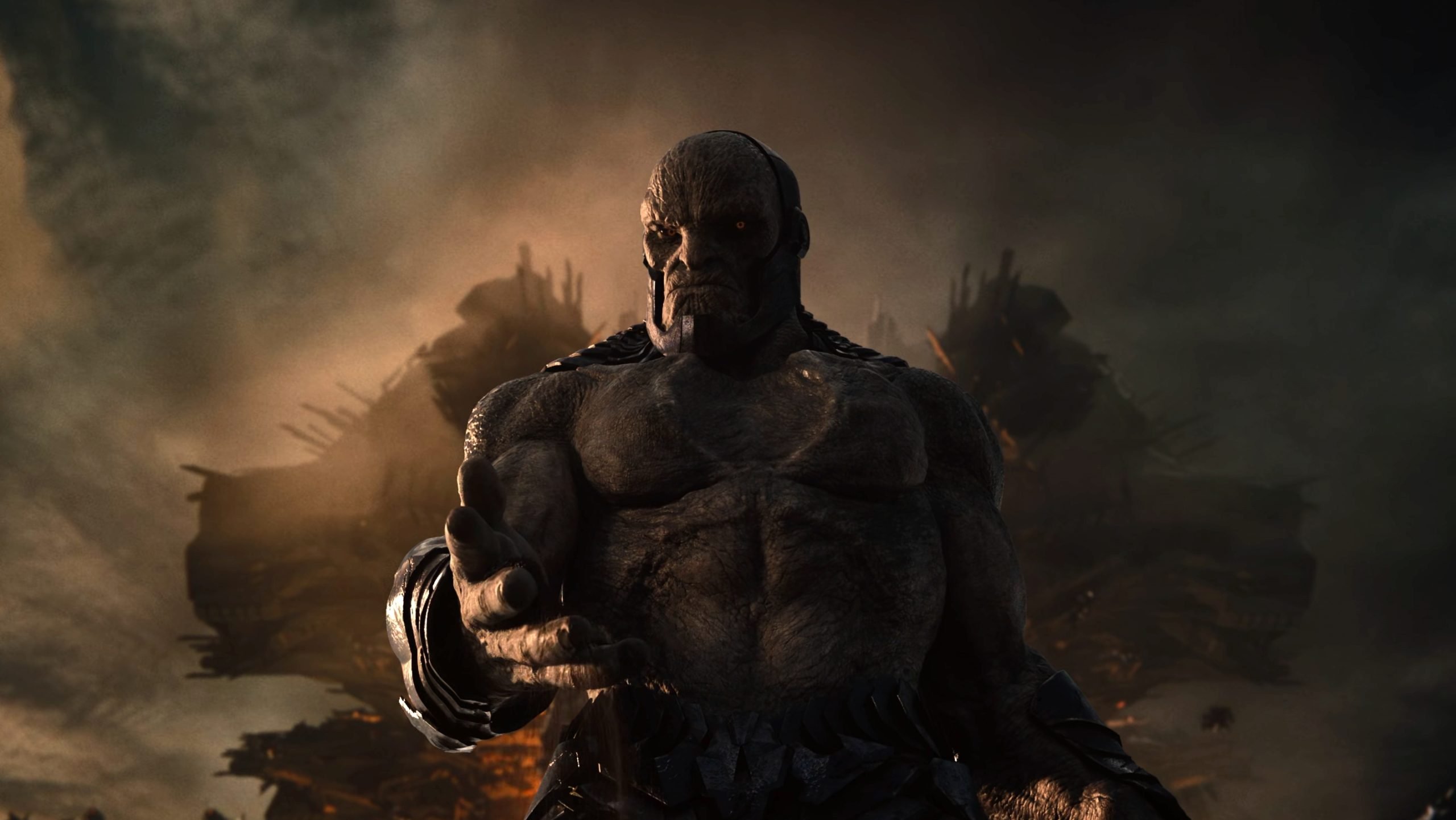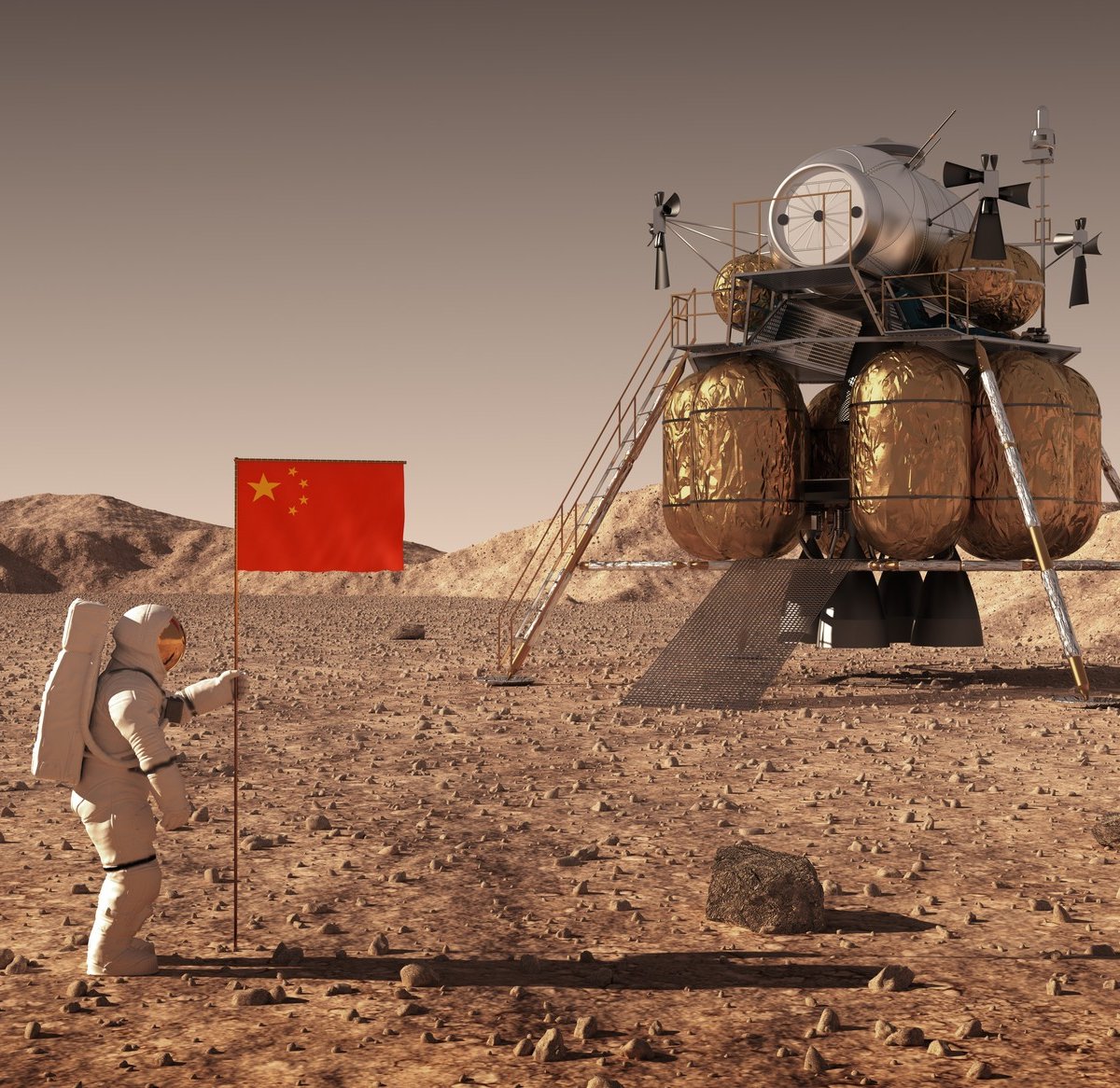Sixty years later, Race to the Moon is back, but this time China has become the USA’s main rival. While Americans have a history of 12 astronauts landing on our natural satellite between 1969 and 1972, China has made some notable achievements, such as the collection of moon rocks by Chang in December 2020. ‘ probe and 5.
China’s “victory”, a scenario unimaginable just a few years ago, is realistically envisioned. This is because NASA’s Artemis program is facing significant delays.mainly due to problems with spacesuits and the lunar lander.
The program includes three missions: Artemis I (unmanned, accomplished in 2022); Artemis II (planned for late 2025 with four astronauts in lunar orbit); and finally, Artemis III, who would bring a man and a woman to the lunar surface for the first time; One of them will be the first black person on the Moon. This is planned to happen before September 2026.
China ahead in the race to the moon
China has made great progress in its space program after launching its first astronaut into space in 2003, developing space stations (Tiangong laboratories) and carrying out successful robotic moon missions through the Chang’e program, named after the Chinese Moon goddess. China announced that it will land astronauts on the Moon by 2030.
In terms of spacesuits, the Chinese took the lead by showcasing the equipment in September, while NASA contractor Axiom Space is still working on changes to the design. There are also delays in the schedule of the American lunar landing module, based on SpaceX’s 50-meter-long spacecraft Starship, which will be launched on the powerful Super Heavy rocket.
Both countries have a special interest in the Moon’s south pole. to explore water ice in lunar craters. The resource could be used in the future to support life and produce rocket fuel for future missions, making lunar exploration more sustainable.
Future steps in the moon race

In an article recently published on The Conversation platform, professor Jacco van Loon from Keele University in Staffordshire, England, said: He argues that the importance of this new space race goes beyond who will arrive first, focusing on the success of the mission, not its speed..
“Governments must set an example of responsible behavior,” according to Van Loon, choosing peace, inclusion and sustainability as its guiding principles.
The return to the White House of President Donald Trump, a staunch advocate of space policy, occurring at the time of writing, could theoretically reverse some of the delays faced by the Artemis program, increasing competition with China.
Did you like the content? Tell us on our social networks and get the opportunity to share the article with your friends who like these topics. Until later!
Source: Tec Mundo
I’m Blaine Morgan, an experienced journalist and writer with over 8 years of experience in the tech industry. My expertise lies in writing about technology news and trends, covering everything from cutting-edge gadgets to emerging software developments. I’ve written for several leading publications including Gadget Onus where I am an author.












